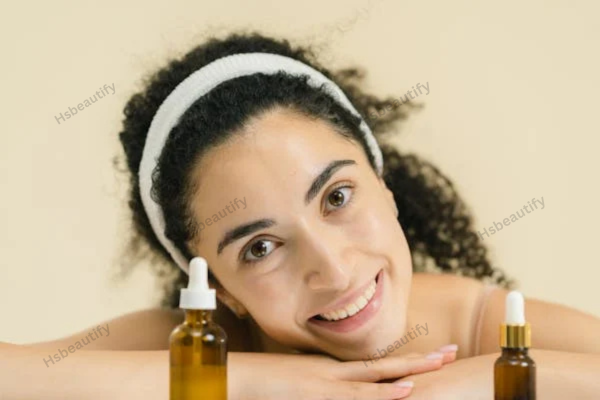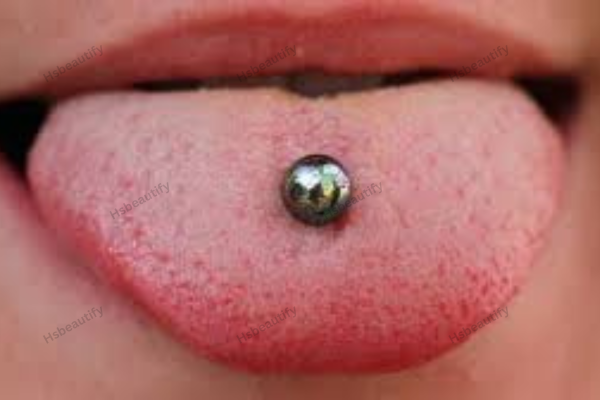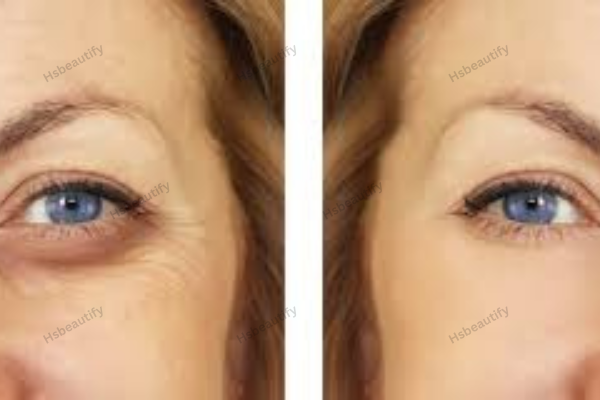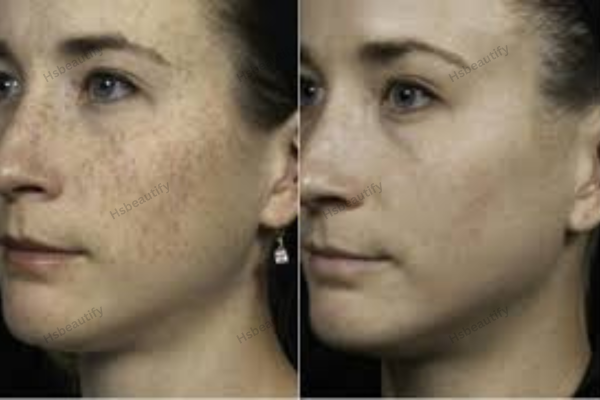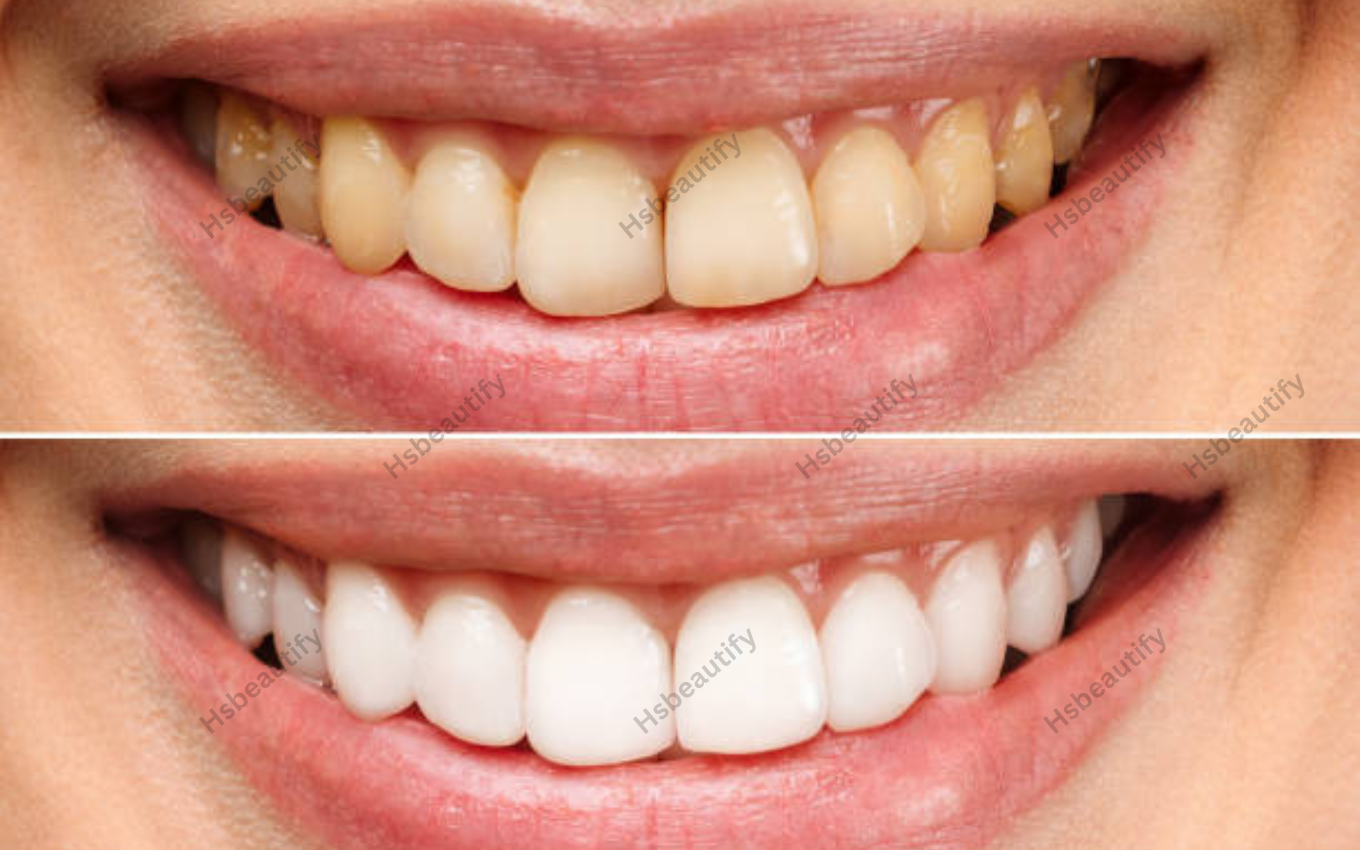Can I Use Cleansing Oil When I Have Acne?
Acne takes the lead as one of the common skin disorders in people of all ages, including teenagers and adults. At any given time, the shelves are flooded with products promising to help with acne, making it quite hard to know which one will be best for you. One question that often arises is: Is it possible to remove cleansing oil when I have pimples? Well, you might not find the answer to that question as easily as you think. Let me explain more about Cleansing oil for acne skin, its benefits and its possible demerits.
Understanding Cleansing Oils
Cleansing oils are a category of skin cleansers in which the formulations are based on lipophilic lubes that are used for emulsifying make-up, sunscreen, dirt and excess sebum. In contrast to the foaming cleansers peculiar to the Western market and containing aggressive surfactants, cleansing oils are designed to cleanse the skin without deleting its natural protective layer.
The idea behind washing and cleanse oils is that “oil dissolves oil.” This implies that ‘oil’, ‘oily-sulphates’ or oil based cleansers are effective in emulsifying the oils that block the pores to make acne – a fact that the cleansers used by the female respondents were able to prove. Today’s makeup removers are beaded with emulsifiers which enables the removal of the oil with water without staining the face with grease.
Benefits of Using Cleansing Oil for Acne-Prone Skin
- Gentle and Hydrating
Most acne remedies are known to cause a dry skin effect hence causing further inflammation and redness on skin. The cleansing oils are mild, and they are effective in the respect that one’s skin will be left comfortable, without any dryness, which makes the cleansing oils good for sensitive skin.
- Effective Makeup and Sunscreen Removal
It is important to wash off makeup and sunscreen correctly in order to ensure healthy skin. Cleansing oils are particularly effective when it comes to removing these products from your pores, and therefore maintaining their unobstructed condition.
- Supports the Skin Barrier
A weakened skin barrier is considered to deteriorate acne. Cleansing oils prevent and heal the skin barrier by not exposing skin to the aggressive removing action of typical cleansers.
4. Reduces Overproduction of Sebum
It is therefore important not strip the skin of the natural oils as it may lead to an production of more sebum. Cleansing oils are less likely to disrupt that balance and might even minimize the potential of a new pimple appearing on your face.
Potential Concerns with Cleansing Oils
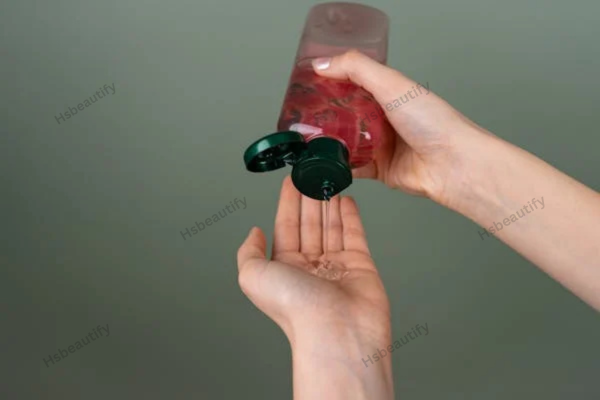
In fact, cleansing oils may not be all that friendly to everyone out there, as much as they turn out to be helpful in a number of ways. Here are some potential drawbacks to consider:
- Risk of Comedogenic Ingredients
Some of the oils are indeed comedogenic, that is, the oils which block the pores of the skin and cause acne. Consuming a non comedogenic cleansing oil is necessary when engaging in this practice.
- Residue Concerns
Failure to wash off a cleansing oil appropriately may cause the remains on the skin to cause irritation or blocked pores. It is always important that your cleansing oil can be easily washed off after a few rinses.
- Skin Sensitivities
Some plant-based oils in cleansing oil formulas or added fragrances can cause redness or rashes to persons with sensitive skin. Always read the label and do a skin test if necessary.
How to Choose the Right Cleansing Oil for Acne-Prone Skin
However every cleansing oil is not the same as described above. To maximize benefits and minimize risks, consider the following tips:
- Look for Non-Comedogenic Oils
Widely, non-comedogenic oils refer to the oils that cannot fill up the pores of the skin. Examples include:
- Jojoba oil: Imitates sebum(the skin oil/ spread on the skin) and assists in the regulation of the skin’s oil.
- Grapeseed oil: It has weightless and antioxidant characteristics.
- Hemp seed oil: Contains omega-3 and omega-6 fatty acid and is well known for its ultimate health benefits such as having anti-inflammatory effect.
- Avoid Harsh Additives
That is why it is advisable to go for those particular perfumes that do not contain added fragrances or essential oils or alcohol since these are known to worsen acne skin conditions.
3. Choose Products with Emulsifiers
Make sure that the cleansing oil to be developed contains emulsifiers that can be washed off under running water. This eliminates a layer that could if not removed accumulate and block the pores of the skin.
- Read Reviews and Test
Read reviews from people with similar skin problems, when in doubt, buy the drugstore brand while testing products out, go for the trial size.
How to Incorporate Cleansing Oil into Your Routine
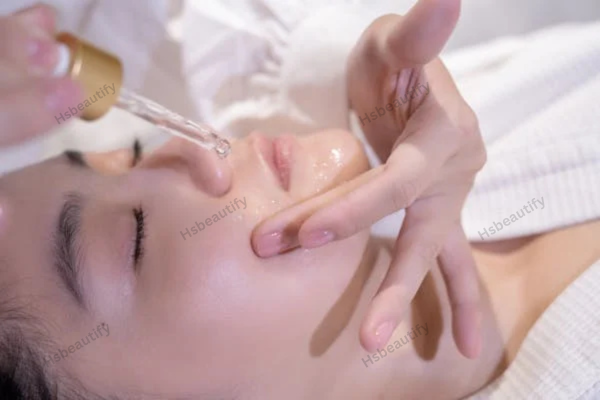
If you decide to use cleansing oil for your acne-prone skin, follow these steps for optimal results:
- Use as the First Step in a Double Cleansing Routine
Double cleansing means use of a cleanser which belongs to a category of an oil type cleaner and then follow-up with application of a water type of a cleanser. It also helps to clean the skin well without over-washing it by using the fingers or washcloth all the time.
- Apply to Dry Skin
Pour a little amount of the cleansing oil into your palms and gently rub your hands on dry skin surface. Use areas with excess makeup, sun tan or oil so that it can be easily washed away by water.
- Emulsify with Water
splash a few drops of water on your hands and go on rubbing. The oil should become milky when it gets emulsified.
- Rinse Thoroughly
Wash off the oil with warm water – do not use hot water since it tends to darken the skin. Take a hand and gently rub it over your face to remove the soapy water; then take a clean piece of velvet and abrade your face dry.
5. Follow with a Water-Based Cleanser
This step rinses the face and clears off any remaining deposits and soothes your skin while being sure that all the deposits are washed off.
Popular Misconceptions of Cleansing Oils and Acne
Cleansing Oils Make Acne Worse
Fact: Some oil cause blockage to the pores but non comedogenic cleansing oils are designed to effectively help to wash off excess oil and other dirt.
Oily Skin Doesn’t Need More Oil
Fact: In this case, cleansing oils are beneficial because, first, they maintain the skin’s equilibrium and, second, they ensure that the skin does not produce excess sebum because of dryness.
All Oils Are the Same
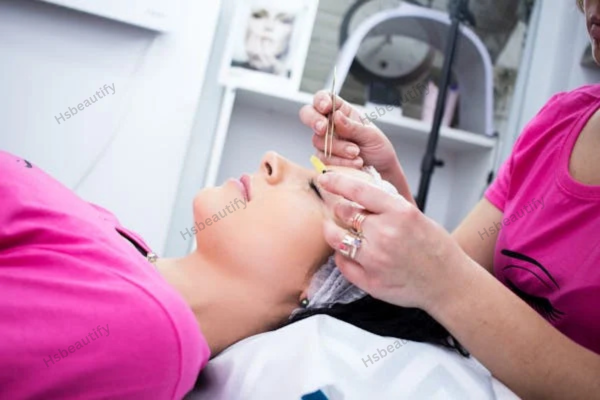
Fact: But it did demonstrate that the acrylic copolymer and other oils of similar composition are the most effective in providing protection to metals. The type of scrub that is chosen has to be ideal since a wrong one might lead to problems such as blocked pores or skin inflammation.
Conclusion
To answer the last question: can you use cleansing oil if you have acne? The answer is yes—so long as the chosen product and the way it is employed is correct. Cleansing oils are great for skin with acne because they work in a non-irritating manner to clean without displaced aggression against the skin’s barrier. It is, therefore, necessary to consider what goes into it although the application and washing off must be carefully done.
For beginners, one should speak to a dermatologist regarding the most suitable cleansing oil to use on their skin. Thus, strengthening our confidence that with the proper application of optimum cleansing oils you can obtain the skin you desire.


